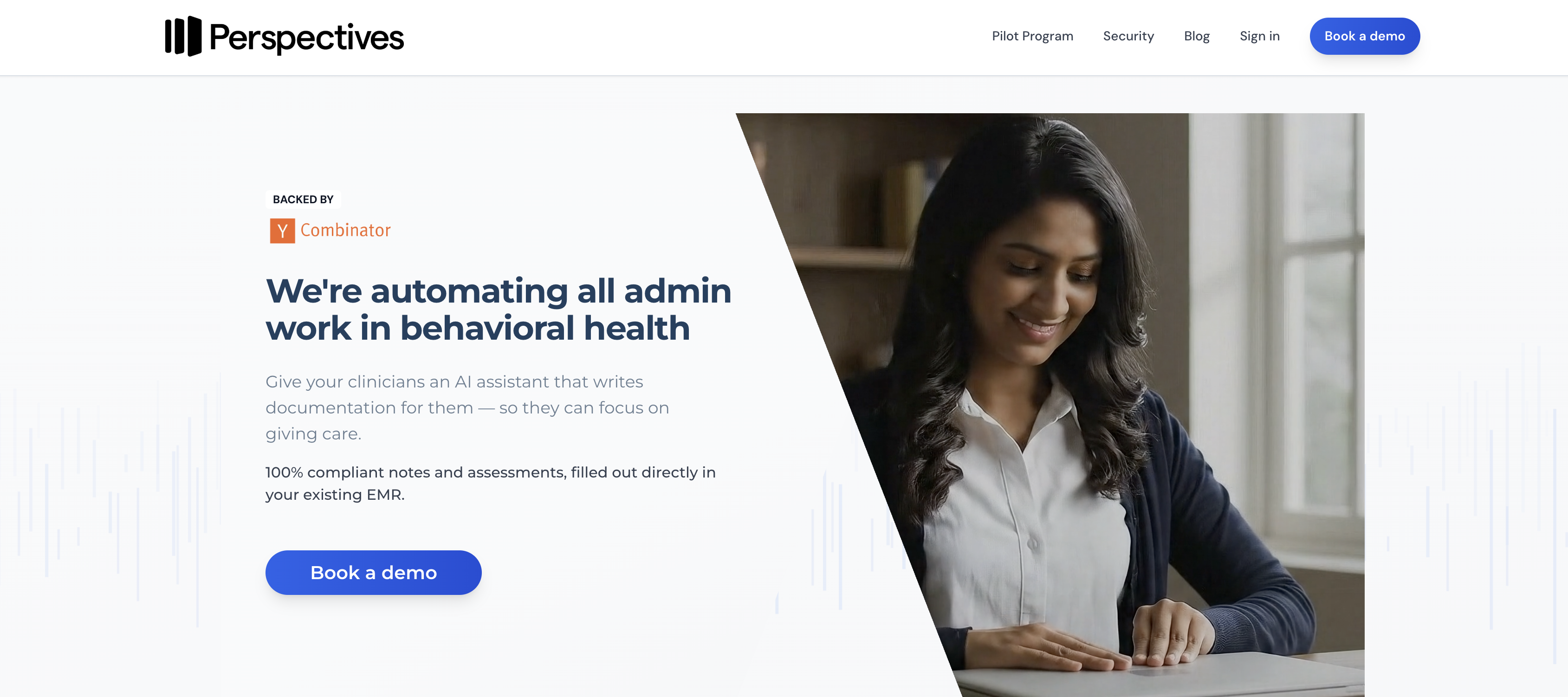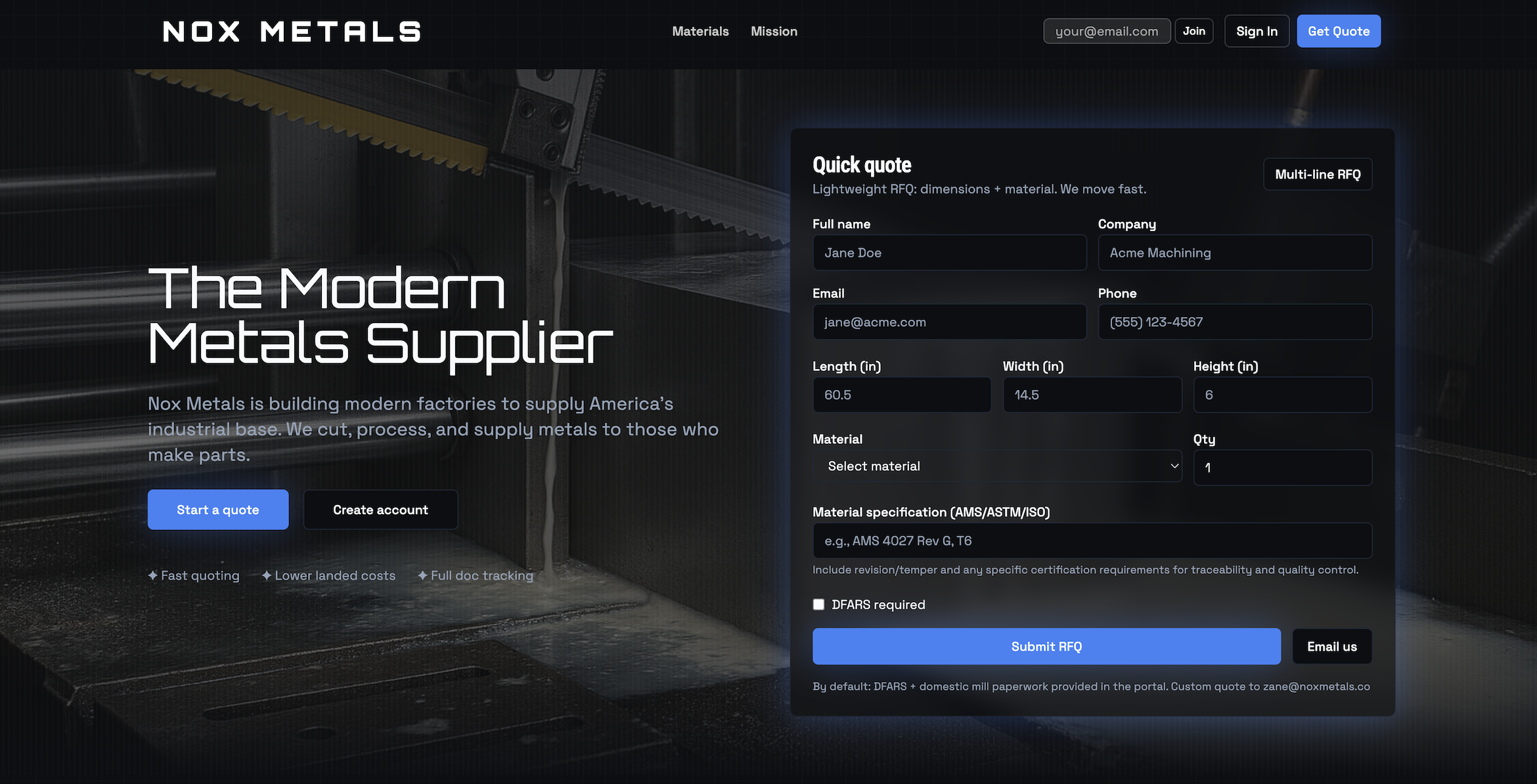In today's rapidly evolving business landscape, effective HR and payroll management has become more crucial than ever.
Choosing the right HR and payroll platform has become a critical decision for businesses operating in today's global economy. Two major contenders in this space, Deel and Workday, offer distinct approaches to solving workforce management challenges. Deel specializes in simplifying international hiring and compliance, while Workday provides a comprehensive suite of HR and financial management tools.
How Do Deel and Workday Differ Fundamentally?
The core difference between these platforms lies in their primary focus and target market. Deel has built its reputation on making global hiring frictionless, particularly for companies expanding internationally without established local entities. Their platform addresses the growing demand for navigating complex global labor laws and compliance requirements with minimal friction. Workday, meanwhile, positions itself as an all-encompassing HR solution that extends beyond payroll to include human capital management and financial planning tools.
Both platforms have carved out significant market share, but they serve somewhat different organizational needs. Deel's streamlined approach appeals to businesses prioritizing rapid international expansion and remote workforce management. Workday's comprehensive ecosystem attracts organizations seeking deep integration between their HR, finance, and planning functions in a single platform.
The choice between these platforms often depends on organizational size, growth trajectory, and specific workforce management priorities. Companies must evaluate their current needs while also considering how those needs might evolve as they grow and expand into new markets.
Global Employment Solutions Comparison
Deel's platform excels at helping companies hire internationally through two primary models: contractor management and Employer of Record (EOR) services. Their contractor management system provides compliant contracts across more than 150 countries, handles automated tax form collection, and facilitates multi-currency payments. The EOR service enables businesses to hire full-time employees in countries where they lack legal entities, managing local compliance, payroll, and benefits administration seamlessly.
Workday approaches HR management more comprehensively with its Human Capital Management (HCM) system. This robust platform integrates payroll capabilities with talent management, workforce planning, and recruitment modules. Their system creates connections between financial management and HR processes, offering a holistic view of organizational operations and sophisticated analytics for data-driven workforce decisions.
Mobile accessibility and employee self-service features appear in both platforms, though with different implementations. Deel optimizes its interface for international remote workers with straightforward onboarding processes. Workday provides more extensive features but requires a steeper learning curve while delivering deeper organizational insights.
What Makes Each Platform's User Experience Unique?
Deel's user interface reflects its focused mission of simplifying global hiring with a clean, minimalist design prioritizing clarity and ease of navigation. New users typically find Deel's onboarding process intuitive, with clearly labeled features and straightforward workflows. The dashboard provides quick access to essential functions like contractor management, employee onboarding, and payment processing without overwhelming users with unnecessary options.
Workday presents a more complex navigation structure due to its broader feature set. The platform offers extensive customization options, allowing organizations to tailor the interface to their specific needs. This flexibility benefits large enterprises with complex requirements but creates a steeper learning curve for new users. Workday's consistent design language across modules helps users transfer knowledge between different parts of the system.
Support resources differ between the platforms in ways that reflect their market positioning. Deel emphasizes immediate assistance through live chat and email support, complemented by comprehensive knowledge base resources. Workday offers more formalized support channels, including detailed case management systems, phone support, and community forums where users can exchange knowledge and best practices.
Navigation and Workflow Efficiency
The dashboard experience varies significantly between these platforms. Deel's mobile-responsive design ensures consistent experiences across devices, particularly valuable for globally distributed teams operating across different time zones. Their interface prioritizes quick access to frequently used functions with minimal clicks, reducing administrative friction for remote teams.
Workday's interface includes robust search functionality that helps users quickly locate specific information within its extensive ecosystem. Their platform emphasizes data visualization and reporting capabilities, allowing HR professionals and executives to gain insights through customizable dashboards. The trade-off comes in complexity – users must invest more time learning the system's navigation patterns.
User preferences typically align with organizational priorities when choosing between these interfaces:
- Deel prioritizes: Simplicity, immediate support, and streamlined global hiring workflows
- Workday emphasizes: Depth, customization, and comprehensive organizational insights
- Both platforms offer: Mobile accessibility, employee self-service, and secure data handling
- Key differentiator: Implementation complexity and learning curve requirements
How Do Pricing Models Impact Decision Making?
Deel offers a transparent transaction-based pricing model that scales with usage. The platform charges a fixed fee per contract for contractor management services, with volume discounts available for larger international teams. This straightforward approach makes cost prediction simpler as companies expand globally. For EOR services, Deel typically charges a monthly fee per employee that varies by country, reflecting different compliance costs and administrative requirements across regions.
Workday takes a more customized approach to pricing, which isn't publicly disclosed. As an enterprise-focused solution, Workday typically creates tailored packages based on the combination of modules selected and organizational size. Their pricing structure generally includes implementation costs, annual subscription fees, and potential charges for additional services or features. Large enterprises may negotiate volume-based discounts, but the starting investment typically exceeds that of more specialized platforms.
The financial implications extend beyond direct costs to include potential savings from improved compliance, reduced administrative overhead, and better workforce decision-making. Organizations must consider both immediate budget constraints and long-term value when evaluating these platforms.
Budget Considerations For Different Organization Sizes
Small to mid-sized companies often find Deel's transparent pricing structure more accessible and aligned with their growth trajectory. The ability to start with just contractor management services and add additional features as needed creates a flexible adoption path that grows with the business. This modular approach allows companies to pay only for the specific services they need rather than investing in a comprehensive system with unused features.
Larger organizations frequently find Workday's comprehensive approach more cost-effective in the long run, despite higher initial investments. The platform's ability to eliminate multiple point solutions through its integrated ecosystem can reduce total technology costs while improving data consistency across the organization. The investment typically pays dividends through improved operational efficiency and strategic workforce insights.
Decision makers should consider these financial factors when evaluating platforms:
- Implementation timeline: Deel's faster deployment versus Workday's more extensive setup
- Internal resource requirements: Technical expertise needed for configuration and maintenance
- Scaling costs: How pricing changes as the organization grows internationally
- Return on investment: Long-term value beyond initial implementation costs
What Security Measures Protect Sensitive Data?
Both platforms implement robust security measures reflecting the sensitive nature of employee and financial information. Deel employs AES 256-bit encryption for data at rest and in transit, providing bank-level protection for sensitive information. Their security architecture includes multi-factor authentication requirements and regular penetration testing conducted quarterly to identify potential vulnerabilities before exploitation. This multi-layered approach protects both employer and employee data throughout the global payroll process.
Workday maintains an equally rigorous but differently structured security framework. The company employs proprietary storage encryption technology and implements advanced data segregation techniques that isolate customer information within their systems. Their security operations center provides continuous 24/7 monitoring of potential threats, allowing for immediate response to suspicious activities. This enterprise-grade approach aligns with Workday's focus on serving large organizations with complex security requirements.
Regulatory compliance represents another critical dimension where both platforms demonstrate strong capabilities. Deel maintains full compliance with global standards like GDPR while adapting to local regulations in each country where they operate. Workday's compliance approach centers on industry certifications, including ISO 27001 and adherence to SOC frameworks, providing third-party validation of their security practices.
Data Protection Across Global Operations
The international nature of modern workforce management creates unique security challenges that both platforms address differently:
- Deel focuses on: Country-specific compliance, multi-factor authentication, and encryption
- Workday emphasizes: Enterprise-grade security, continuous monitoring, and industry certifications
- Both platforms provide: Data protection compliance and regular security updates
- Key consideration: Alignment with your organization's specific regulatory requirements
How Does Implementation Complexity Compare?
Implementation processes differ significantly between the two platforms, reflecting their different scales and complexity. Deel offers a streamlined implementation process that can be completed in days or weeks, depending on the number of countries and employees involved. The process typically begins with a simple account setup, followed by configuration of payment methods and compliance settings for relevant countries. For most businesses, Deel requires minimal IT involvement, making it accessible even for organizations without dedicated technical resources.
Workday implementations represent more significant undertakings, typically spanning months and requiring substantial cross-functional involvement. The process usually begins with extensive planning and design phases, where business processes are mapped to Workday's capabilities. Data migration from legacy systems represents a critical phase, often requiring cleansing and transformation to fit Workday's data model. Most Workday implementations involve certified implementation partners who bring specialized expertise to guide the process.
Organizations must realistically assess their internal capabilities and timeline requirements when choosing between these platforms. Deel's self-service approach allows businesses to get started quickly, while Workday's more comprehensive implementation delivers deeper integration but requires greater resources and patience.
Ongoing Support and Training Resources
Both platforms offer ongoing support, though their approaches reflect their different market positions. Deel emphasizes responsive, direct support through chat, email, and phone channels, with rapid response times that serve globally distributed teams. Their support model includes access to compliance experts who can address country-specific questions as they arise. This approach aligns with their focus on simplicity and immediate assistance.
Workday offers more structured support tiers, including dedicated customer success managers for enterprise customers. Their support ecosystem includes:
- Knowledge resources: Extensive documentation and training modules
- Community support: Active user forums for knowledge exchange
- Professional development: Certification programs for platform administrators
- Strategic guidance: Implementation partners for complex customizations
What Do Real Users Say About These Platforms?
Deel users frequently highlight the platform's intuitive interface and responsive customer support in their testimonials. Many customers appreciate how Deel simplifies the complexities of international hiring, making global expansion more accessible for growing businesses. The platform receives consistent praise for its user-friendly approach to global compliance, allowing businesses to expand internationally without establishing local entities. Support responsiveness represents another commonly mentioned strength, with users reporting quick resolution of issues even outside standard business hours.
Workday receives high marks for its comprehensive feature set and data integration capabilities. Users often mention the platform's ability to create a "single source of truth" for HR data across the organization, improving decision-making and operational efficiency. However, several reviews acknowledge a steeper learning curve, with users noting that mastering Workday requires significant investment in training and implementation. This feedback reflects Workday's position as an enterprise-grade solution with extensive capabilities.
Industry analysts recognize Deel as a rapidly rising star in the global payroll and compliance niche. The platform's growth trajectory and adaptability to emerging needs have impressed market observers tracking HR technology trends. Meanwhile, Workday maintains its reputation as an established player in enterprise HR, with a proven track record serving large, complex organizations across industries.
User Satisfaction Factors
Customer feedback reveals distinct satisfaction drivers for each platform:
- Deel users value: Simplicity, responsive support, and international compliance expertise
- Workday users appreciate: Comprehensive features, data integration, and analytical capabilities
- Common pain points: Implementation complexity and learning curve requirements
- Differentiating factors: Speed of deployment versus depth of functionality
How Are These Platforms Evolving?
Both Deel and Workday continue evolving their offerings to address emerging workforce trends. Deel has been expanding rapidly beyond its initial contractor management focus into full-service global payroll and HR capabilities. Recent acquisitions demonstrate Deel's ambition to build a comprehensive international HR platform. The company is also heavily investing in AI-powered compliance tools that automatically keep pace with changing regulations across countries, reducing administrative burden for their customers.
Workday's evolution focuses on deepening its enterprise capabilities while expanding its ecosystem. The company continues to enhance its analytics offerings with machine learning capabilities that provide predictive insights about workforce trends. Their platform strategy increasingly emphasizes adaptability to industry-specific needs, with targeted solutions for sectors like healthcare, education, and public sector organizations with specialized requirements.
The broader industry trends suggest these platforms will continue to converge in certain areas while maintaining their distinct focus. Remote work normalization and global talent competition are driving both platforms to improve their international capabilities. AI integration is becoming central to both offerings, though applied differently – Deel focuses on compliance automation while Workday emphasizes predictive analytics.
Future Development Priorities
Organizations evaluating these platforms should consider not just current capabilities but also development trajectories:
- Deel is prioritizing: Expanded HR functionality, global coverage, and compliance automation
- Workday is focusing on: Deeper analytics, industry-specific solutions, and ecosystem expansion
- Both are investing in: AI capabilities, user experience improvements, and mobile accessibility
- Market trends influencing both: Remote work normalization and global talent competition
Which Platform Best Fits Your Organization?
Choosing between Deel and Workday ultimately comes down to aligning technology with organizational priorities and growth trajectory. Deel offers specialized expertise in global hiring and compliance, making it an excellent choice for businesses prioritizing international expansion without administrative complexity. Its streamlined implementation, transparent pricing, and focused functionality create a compelling package for organizations seeking rapid deployment of global employment capabilities.
Workday delivers comprehensive enterprise-grade capabilities that connect HR, finance, and planning in a single ecosystem. Organizations seeking depth, analytical power, and extensive customization find Workday's integrated approach valuable despite higher implementation complexity and costs. Larger enterprises with complex organizational structures and the resources to fully leverage Workday's capabilities often find the investment justified by improved operational efficiency and strategic insights.
For many organizations, the choice isn't necessarily permanent or exclusive. Some businesses begin with specialized platforms like Deel to address immediate global hiring needs, then add or transition to more comprehensive solutions like Workday as they grow and their requirements become more complex. Others maintain both platforms, using each for its strengths – Deel for international contractors and remote employees, Workday for core domestic operations and enterprise planning.
Making Your Decision Process More Effective
Follow these steps to determine which platform best aligns with your organizational needs:
- Assess your current and near-future international hiring requirements
- Evaluate your internal technical resources and implementation timeline
- Consider your budget constraints and long-term technology roadmap
- Determine which specific features represent "must-haves" versus "nice-to-haves"
- Request demonstrations focused on your specific use cases rather than generic overviews
Maximizing Value From Your HR Platform Investment
The most successful implementations begin with clear organizational priorities and realistic assessment of internal capabilities. Selecting technology that aligns with both current needs and future growth plans creates a foundation for sustainable workforce management. Understanding the distinct values these platforms provide helps businesses make strategic choices that create competitive advantages in an increasingly global talent marketplace.
Proper implementation planning significantly impacts platform success regardless of which solution you choose. Establish clear objectives before beginning implementation, and ensure stakeholders across the organization understand how the platform will change existing processes. Invest in proper training for both administrators and end users to maximize adoption and utilization of the platform's capabilities.
Regular evaluation of platform performance against business objectives helps organizations identify opportunities for optimization. Schedule periodic reviews to assess whether the platform continues meeting your evolving needs as your organization grows and changes. Be prepared to adapt your implementation as business requirements shift, leveraging the platform's flexibility to support new initiatives.
Continuous Improvement Best Practices
Maximize long-term value from your chosen platform by implementing these ongoing optimization strategies:
- Establish clear metrics to measure platform success aligned with business objectives
- Create feedback channels for users to report challenges and suggest improvements
- Stay current with platform updates and new features that address emerging needs
- Regularly review compliance requirements as your international footprint expands
- Build internal expertise through ongoing training and knowledge sharing
The right HR and payroll platform becomes a strategic asset when properly implemented and continuously optimized. Whether you choose Deel's specialized global employment capabilities or Workday's comprehensive enterprise approach, success depends on aligning technology with organizational priorities and investing in proper implementation and ongoing optimization.
Simplify Startup Finances Today
Take the stress out of bookkeeping, taxes, and tax credits with Fondo’s all-in-one accounting platform built for startups. Start saving time and money with our expert-backed solutions.
Get Started









.png)









